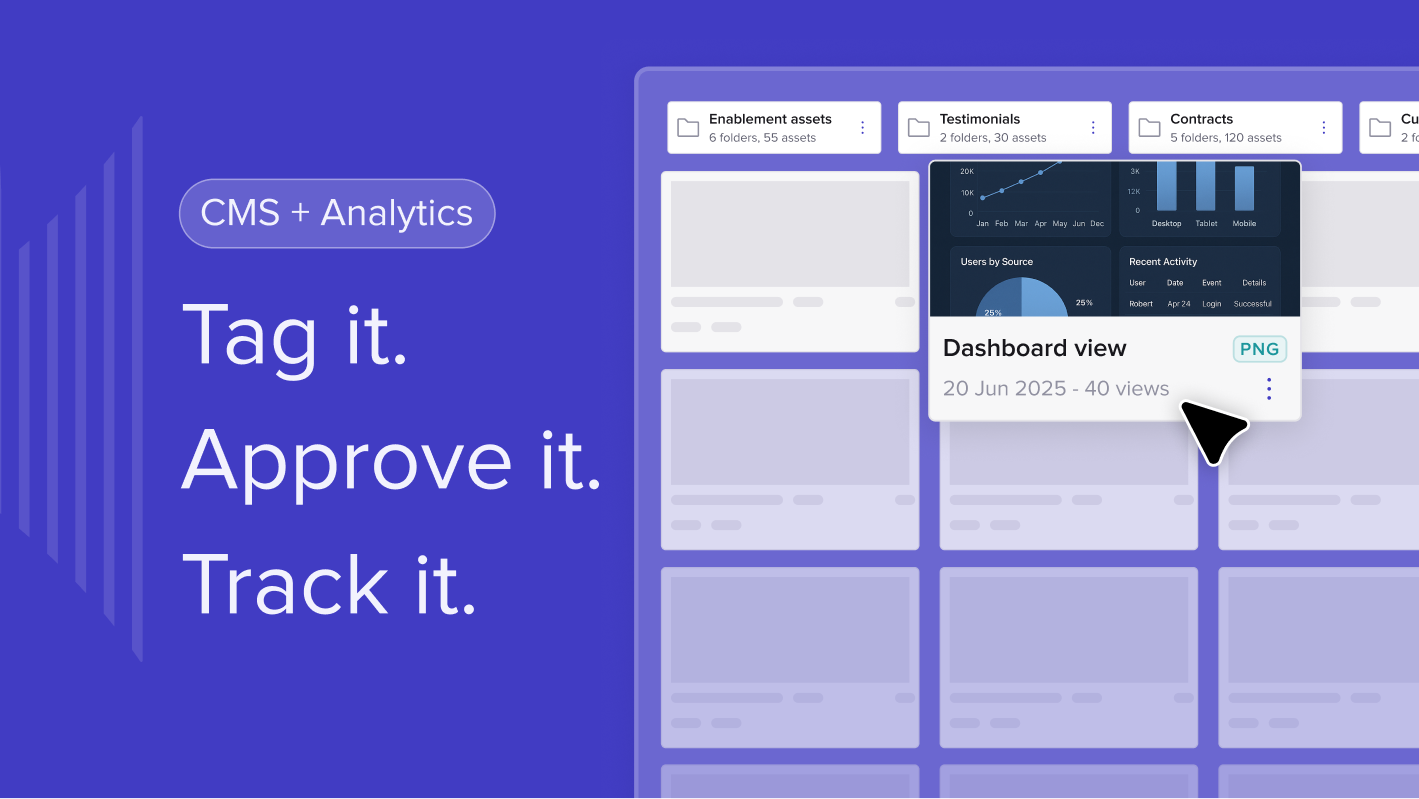Ever wondered how some salespeople consistently close deals while others struggle?
The secret might lie in their emotional intelligence. The role of emotional intelligence in sales success is becoming increasingly crucial in today's competitive business landscape. It's not just about having a great product or service anymore; it's about understanding and connecting with your customers on a deeper level.
In this article, we'll dive into the world of emotional intelligence and its impact on B2B sales performance. You'll discover how self-awareness for salespeople can lead to better customer relationships and increased satisfaction.
We'll explore emotional intelligence techniques in negotiations and compare EQ vs IQ in sales.
Plus, we'll look at how emotional intelligence and sales leadership go hand in hand to boost your team's success.
Get ready to unlock the power of EI and take your sales game to the next level!
Understanding Emotional Intelligence in Sales
.png)
Emotional intelligence is the ability to express and control your emotions, read others' emotions, and respond with empathy. It has five key components: self-awareness, self-regulation, motivation, empathy, and social skills.
People with high emotional intelligence, or a high EQ, are increasingly valuable in the workplace.
In sales, emotional intelligence is a game-changer. It allows you to break down barriers with strangers, overcome objections, build relationships, and make genuine connections. When you understand and harness your own emotions as well as your prospects' and customers' emotions, you can take your sales skills to the next level.
Emotional intelligence techniques in negotiations can make a huge impact.
By empathising with customers' concerns and seeing their point of view, you can address their issues more effectively. Self-awareness for salespeople is also crucial. Knowing when to adjust your approach based on a prospect's signals can make all the difference in building rapport and customer satisfaction.
The Impact of EI on Sales Performance
So, what's the real impact of emotional intelligence on sales performance? Let's break it down. High EQ salespeople have an edge when it comes to handling objections. They see them as opportunities to solve customer pain points, not as negatives.
Rejection is inevitable in sales, but emotionally intelligent reps don't take it personally. Instead, they use it as motivation to improve their technique.
Building rapport is key, and there's no one-size-fits-all approach. Self-aware salespeople adjust their style based on the prospect's signals.
They control their own emotions to project calm confidence. And their social skills help put customers at ease, even in tense situations.
Emotionally intelligent salespeople also play the long game.
They're willing to put in the work that leads to the reward, focusing on generating leads, not just closing deals. That's the power of delayed gratification.
Developing EI Skills for Sales Success

Improving your emotional intelligence has a direct impact on your sales performance.
Start by practicing self-awareness. Take note of your emotions throughout the day and how they influence your behaviour.
This will give you valuable insights into your triggers and help you regulate your reactions.
Active listening is another crucial skill to develop. When interacting with customers, focus on understanding their needs and concerns. Ask open-ended questions and paraphrase their responses to show that you're fully engaged.
This demonstrates empathy and builds trust, which are essential for strong customer relationships.
Cultivating a growth mindset is also key. View challenges as opportunities for learning and development rather than setbacks. Embrace feedback from colleagues and mentors as a chance to refine your sales techniques.
By continuously working on your emotional intelligence skills, you'll become a more effective and resilient salesperson, ready to tackle any obstacle that comes your way.
Conclusion: Leveraging EI for Long-term Sales Growth
Emotional intelligence has a profound influence on sales success, revolutionising the way salespeople connect with customers and close deals.
By honing your EI skills, you can boost your ability to read emotions, empathise with clients, and adjust your approach accordingly.
This leads to stronger relationships, improved customer satisfaction, and ultimately, higher sales figures. What's more, emotionally intelligent salespeople are better equipped to handle rejection and view challenges as opportunities for growth.
To wrap up, investing time to develop your emotional intelligence is a game-changer in the sales world. It's not just about having a great product or killer pitch anymore; it's about truly understanding and connecting with your customers on a deeper level.
By embracing EI techniques in negotiations, practicing self-awareness, and cultivating a growth mindset, you'll be well on your way to long-term sales success. Remember, in today's competitive business scene, your emotional intelligence might just be your secret weapon to stand out and thrive.

.svg)
.svg)
.svg)
.svg)
.svg)
.svg)
.svg)
.svg)
.svg)
.png)
.svg)
.svg)
.svg)
.svg)

.svg)
.svg)
%201.svg)
.svg)
%201.svg)



.svg)



















![How to Get Started with Buyer Enablement [With Examples]](https://cdn.prod.website-files.com/65cf4fecbed2754c2236665d/65cf4fecbed2754c22366bdb_65a5af83e742f76e34ce06f3_Customer%2520Onboarding%2520_%2520Everything%2520you%2520need%2520(2).png)
.png)



.png)



.png)












.png)


.png)


.png)
.png)







